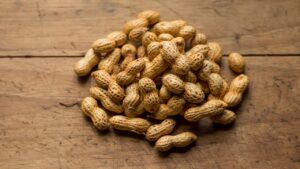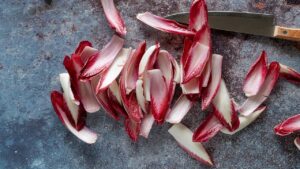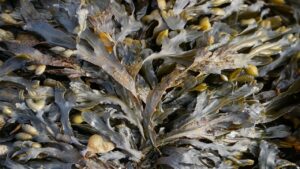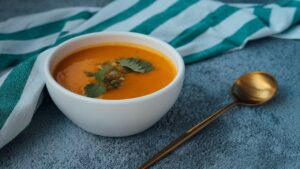Live to 100 with the Okinawan diet
A subject that can arouse the interest of any one of us is that of living a longer life. The idea is actually quite fascinating due to the fact that many factors can contribute to our longevity. One of the most important of those factors is, of course, our diet. And so that leads us to the topic of the day, the Okinawa diet.
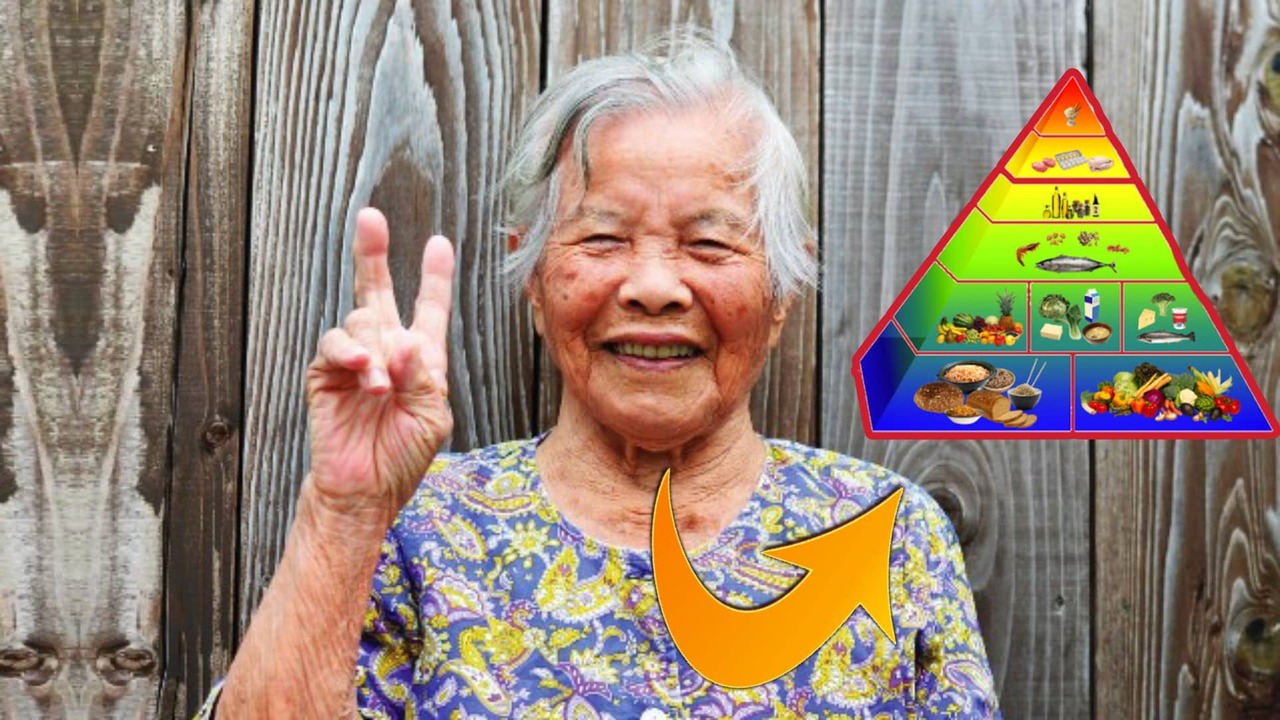
The Okinawa diet claims origins on the Japanese island that goes by the same name. The diet has even made the local people famous for being centenarians. But the way this diet is able to help these people live such long lives raises curiosity. Being that this is an indigenous group of people, they have historically produced their food in isolation. And that is just the beginning of understanding how this diet promotes such great health.
Components of the Okinawan Diet
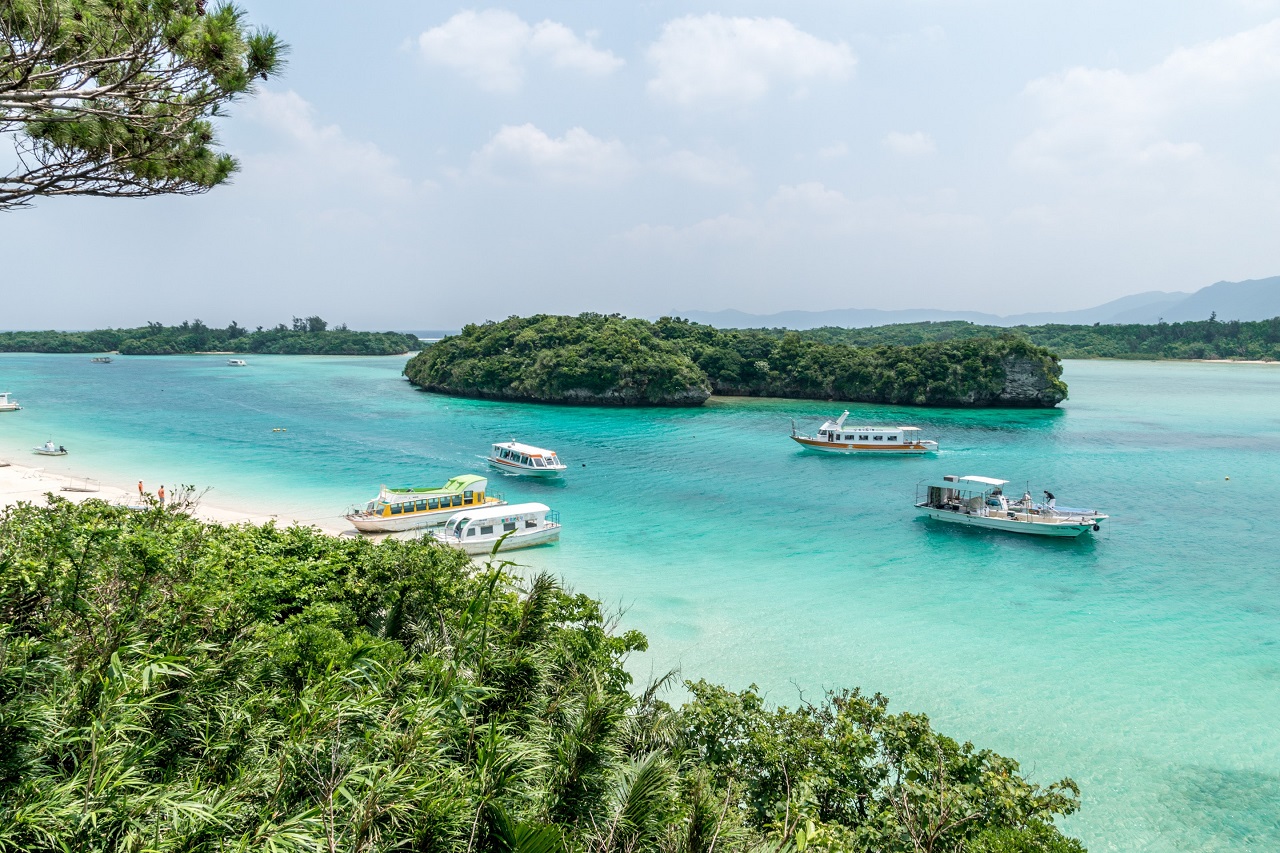
The first thing to note about the Okinawan diet is that it is generally very low in carbohydrates. Instead, nutrition comes primarily in the form of fish from the surrounding sea and fruits and vegetables that are all locally sourced and grown.
In addition to low carbohydrates, saturated fats and refined sugars are almost non-existent in the diet. Salt is also pretty rare, as the diet usually calls instead for spices, such as curry, that also have anti-aging benefits. Alcoholic beverages are prohibited on the island, making beverage options limited to water and green tea.
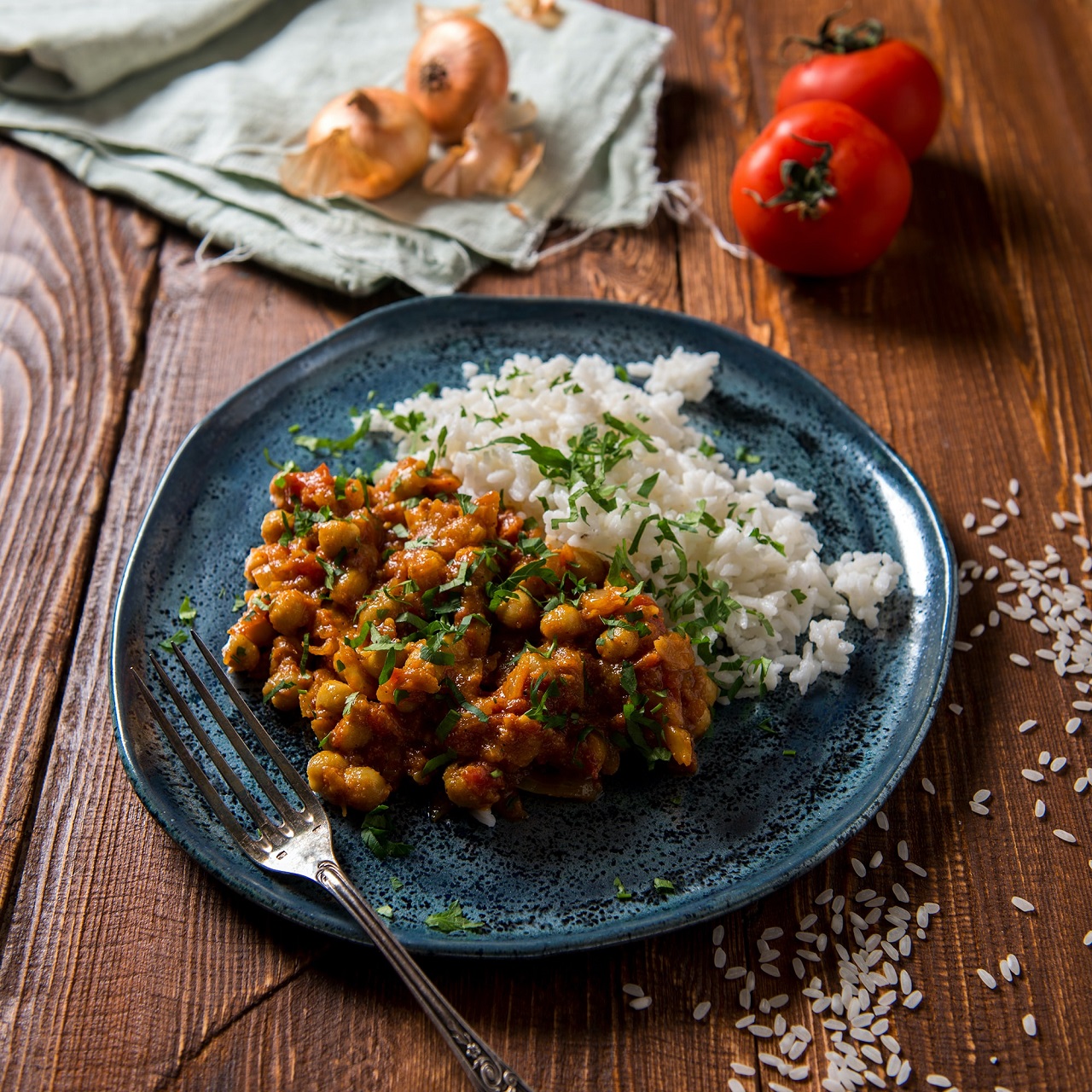
Meat, apart from fish, and dairy products are traditionally eaten only on certain occasions. Sources of protein, instead, come in the form of legumes and tofu, particularly soy. In the end, the average daily calorie count comes to about 1200, resulting in a rather slim population of people. Like most of the world, there are three meals a day and snacks usually consist of only fruits and vegetables. The overlying idea when it comes to meals is that one should never leave the table too full.
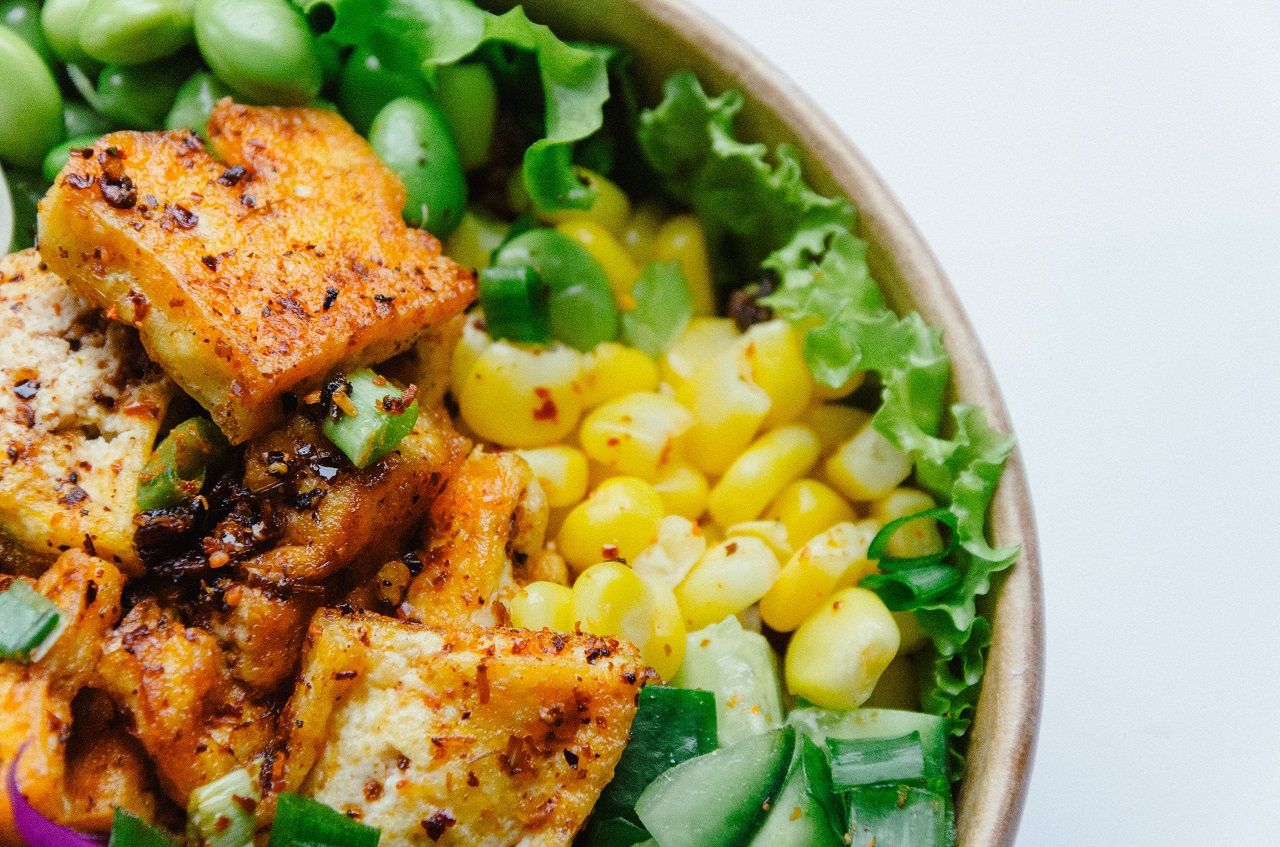
What must be addressed, though, is that the people not only enjoy long lives but also optimal health throughout their lives. And this is all thanks to the fact that the particular vegetables the people eat are all rich in antioxidants. Also, low fat and sugar intake greatly reduce their risk of heart disease. Lastly, the fish that is a staple among the people is rich in omega 3. So it is no wonder that these indigenous people have truly figured out the key to a long, healthy existence.
